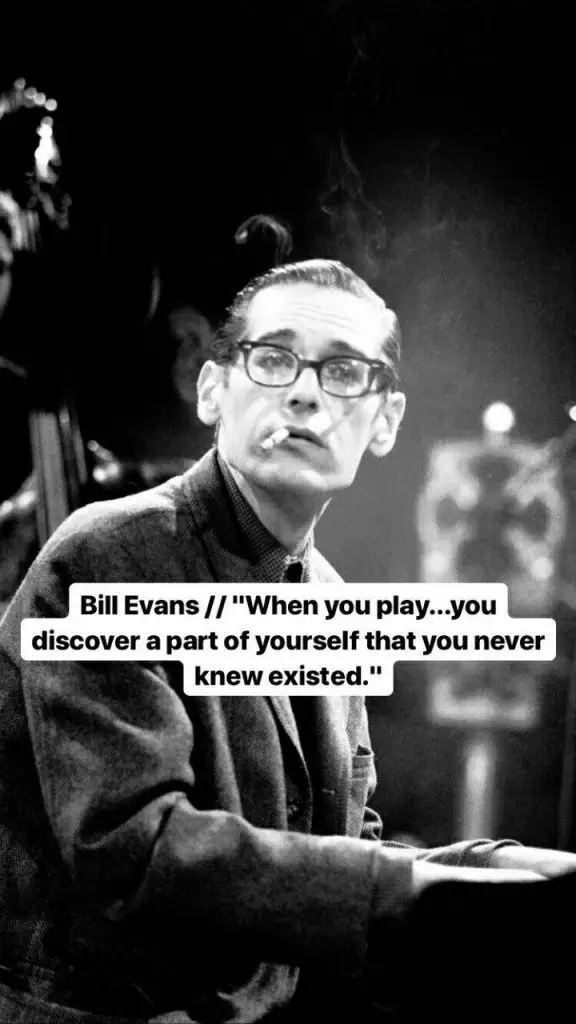Bill Evans (1929-1980) was an American jazz pianist and composer who is most noted for his influential and widely acclaimed work in the area of jazz piano trio playing. His career as a jazz pianist and composer spanned more than three decades and his music has had a profound influence on the development of jazz piano. He was known for his unique approach to improvisation, his lyrical style, and his ability to create a sense of intimacy and harmony with his playing. Evans was a pioneer in the use of modal harmonies and his influence can be heard in the works of many contemporary jazz pianists. He is remembered as one of the most influential jazz pianists of the 20th century.
| Name | Bill Evans |
| Born | August 16, 1929 |
| Genre | Jazz |
| Instruments | Piano |
| Notable Albums | Kind of Blue (1959), Sunday at the Village Vanguard (1961) |
| Style | Modal jazz, post-bop, third stream |
| Notable Collaborations | Miles Davis, Tony Bennett, Stan Getz, Herbie Hancock |
| Influences | Thelonious Monk, Erroll Garner, George Russell |
10 Best Bill Evans Quotes

“I think that one of the most important things in music is to get a certain kind of sound. That sound is part of the emotion that you want to create.”
– Bill Evans, from All About Jazz
“Life is a process of constantly letting go.”
– Bill Evans, from All About Jazz
“I’m always trying to play the truth of what I’m feeling at the moment.”
– Bill Evans, from All About Jazz
“The best thing I can do is to play a piece of music as truthfully as I can and as sincerely as I can and let it speak for itself.”
– Bill Evans, from All About Jazz
“You have to keep reinventing yourself.”
– Bill Evans, from All About Jazz
“I’m constantly searching for a way to play my music better and more clearly to the audience.”
– Bill Evans, from All About Jazz
“It’s always a process of discovery, of working with what you have and developing it.”
– Bill Evans, from All About Jazz
“One of the most important things in music is to understand the process of creating.”
– Bill Evans, from All About Jazz
“I’m never really satisfied with what I’m doing, so I’m constantly pushing myself to try to do better.”
– Bill Evans, from All About Jazz
“I’m always trying to get better, and if I can’t get better, I’m trying to at least maintain what I have.”
– Bill Evans, from All About Jazz
6 Bill Evans Quotes About George Russell
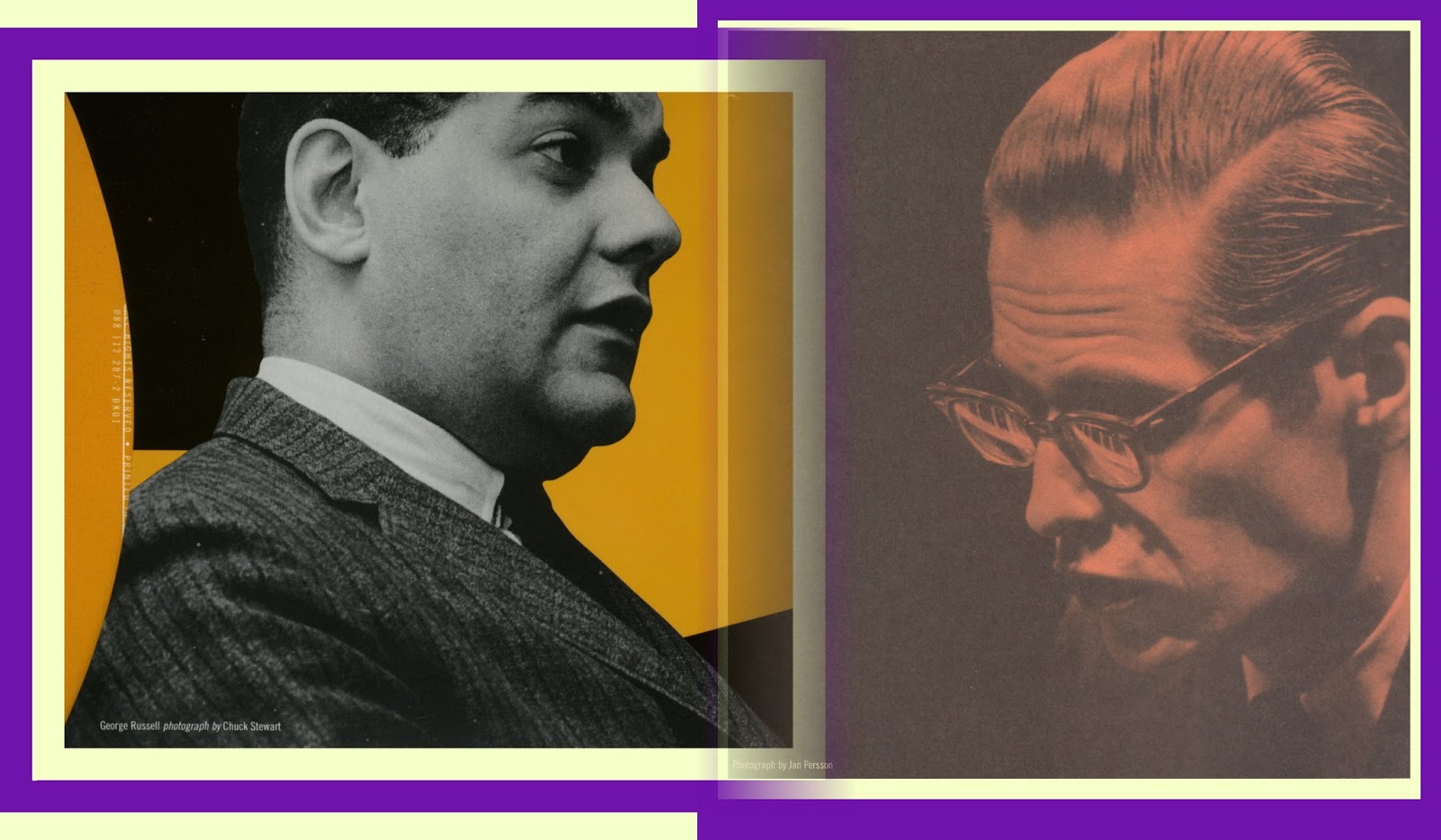
“George Russell is the most important musician living in America today.”
– Bill Evans, from Source: Jazz.com
“George Russell is a very advanced thinker. He has written a book called “The Lydian Chromatic Concept of Tonal Organization”, which I think is a very important book.”
– Bill Evans, from Source: Jazz.com
“I think that George Russell has been the single most important influence on my harmonic concept.”
– Bill Evans, from Source: Jazz.com
“George Russell is a great composer and all of his music has great depth and a unique quality.”
– Bill Evans, from Source: All About Jazz
“George Russell has a very distinctive approach to harmony and rhythm that I think is very important.”
– Bill Evans, from Source: All About Jazz
“I think George Russell is a great composer, an important theorist and educator, and a unique and important voice in jazz.”
– Bill Evans, from Source: The Guardian
5 Inspirational Bill Evans Quotes
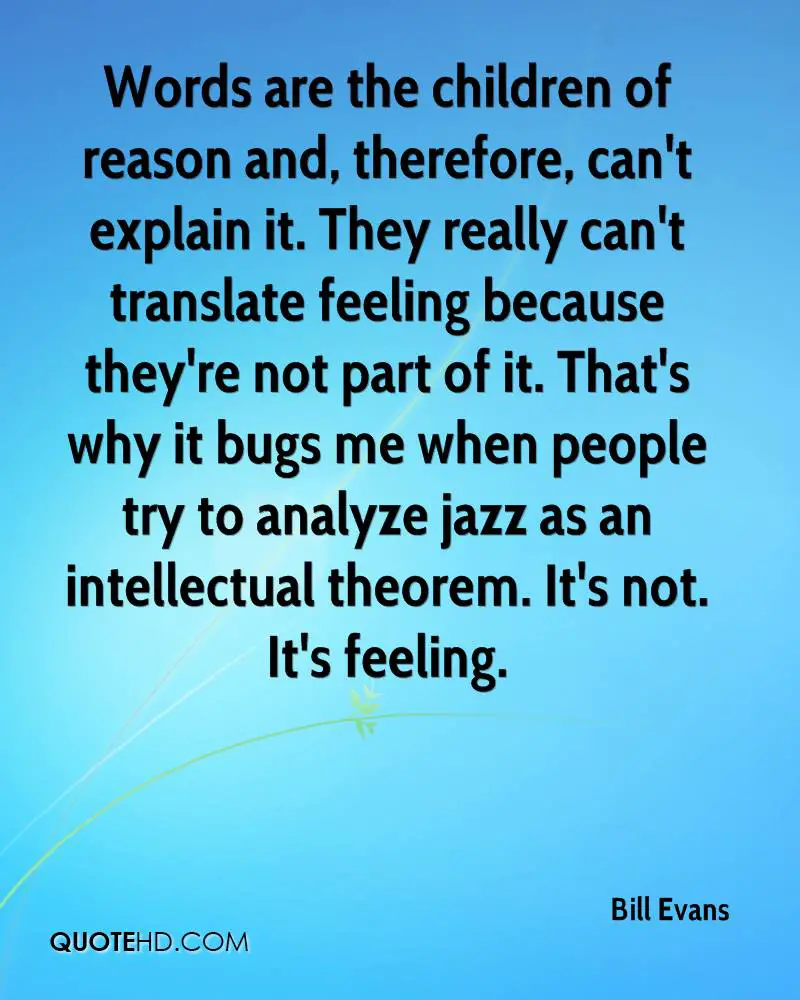
“I think of music as a kind of spiritual experience.”
– Bill Evans, from Jazz.com
“I don’t think of it as a career, but as a life.”
– Bill Evans, from NPR
“I think my music is a reflection of myself, my feelings, and my life.”
– Bill Evans, from Discogs
“The only way to sustain a music is by having it come from a deep inner feeling.”
– Bill Evans, from All About Jazz
“I think music speaks for itself.”
– Bill Evans, from All About Jazz
7 Famous Bill Evans Quotes
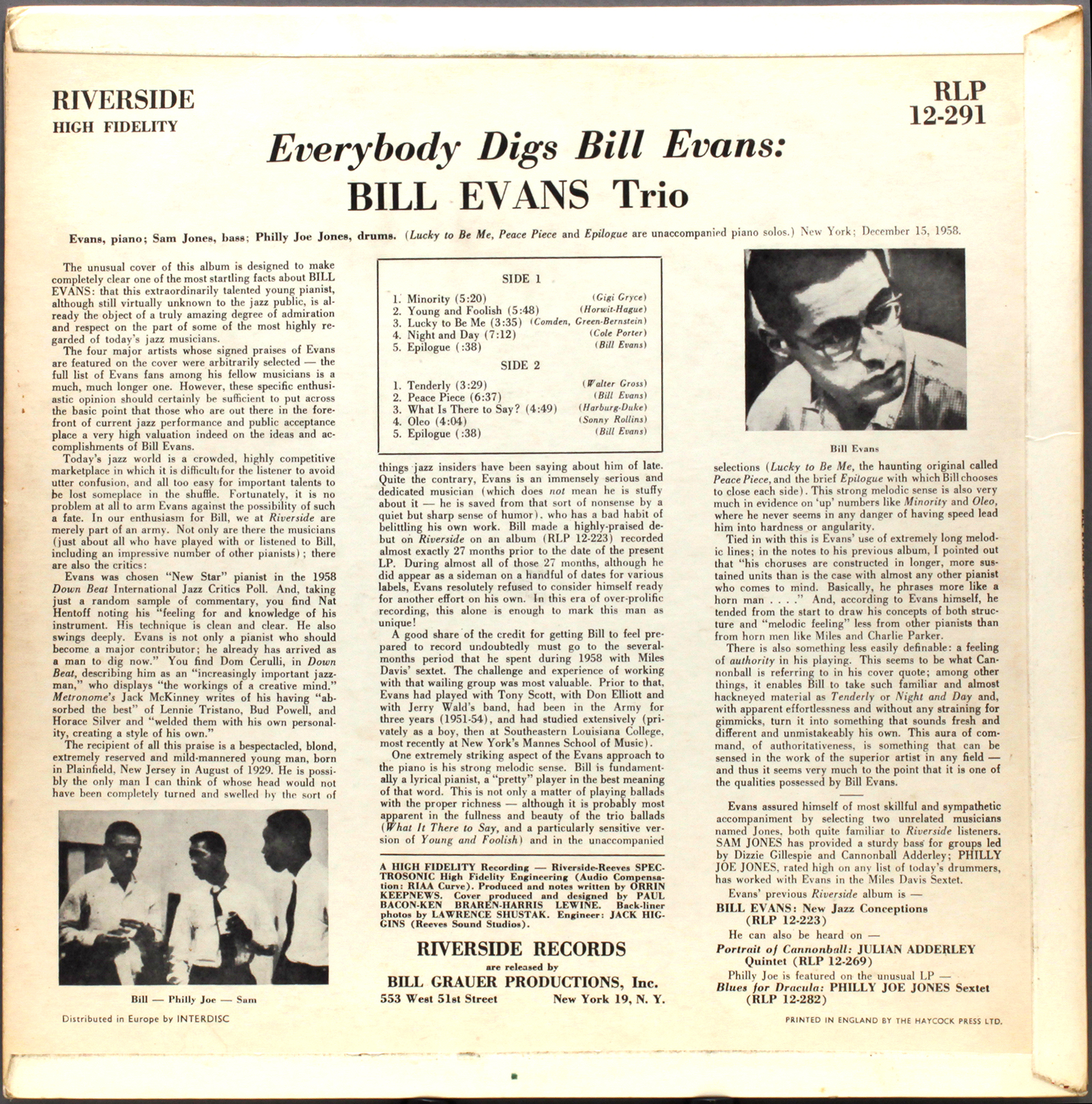
“I think music just comes out of you, and you have to be very careful what you let come out.”
– Bill Evans, from Jazzwa.com
“Jazz should have the flexibility of classical music but also have the improvisation and spontaneity of popular music.”
– Bill Evans, from HuffPost
“It’s always a matter of listening to the way you sound, trying to be sensitive to the way you sound and making whatever changes you think need to be made that will make the music sound better.”
– Bill Evans, from All About Jazz
“I think you have to be a little bit crazy to be a great musician.”
– Bill Evans, from All About Jazz
“What I’m after musically has to do with trying to find that place in music that can be felt on a spiritual level.”
– Bill Evans, from Jazzwa.com
“Jazz is a great way of expression. I think it’s a language. It’s a language of sounds. It’s a language of feelings. It’s a language of ideas. It’s a language of rhythms. Jazz is an art form.”
– Bill Evans, from YouTube
“It’s a matter of finding the right balance between technical proficiency and emotional expression. I think that’s what makes great music.”
– Bill Evans, from All About Jazz
5 Bill Evans Quotes About Love
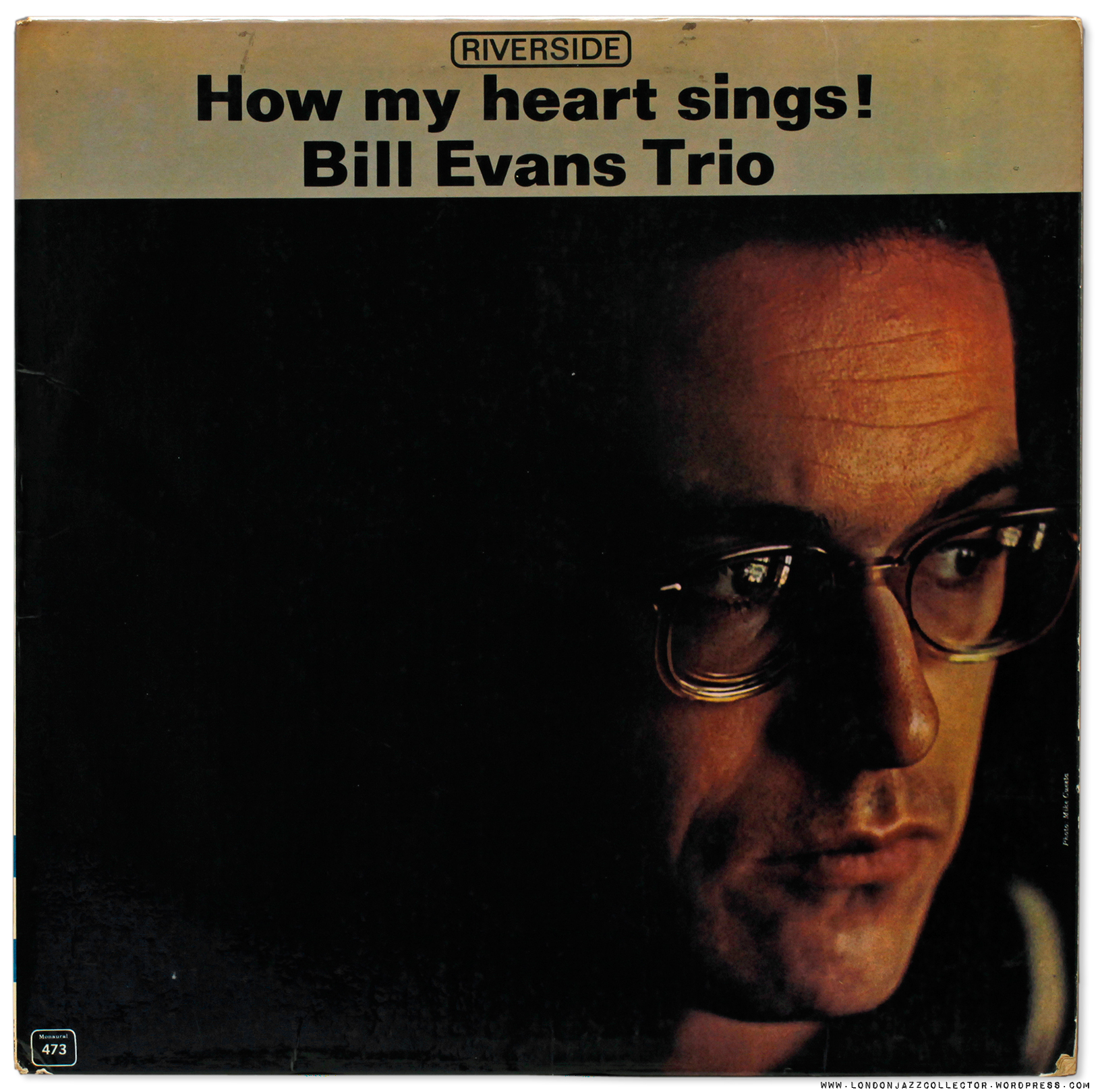
“Love is the prime motivator in my life.”
– Bill Evans, from All About Jazz
“I think love is the most important thing in the world.”
– Bill Evans, from Bill Evans.com
“I think love has got to be the basis of everything.”
– Bill Evans, from Jazz.com
“Love is the most important thing in music.”
– Bill Evans, from Jazz.com
“Love is the foundation of playing music.”
– Bill Evans, from All About Jazz
7 Bill Evans Quotes About Life
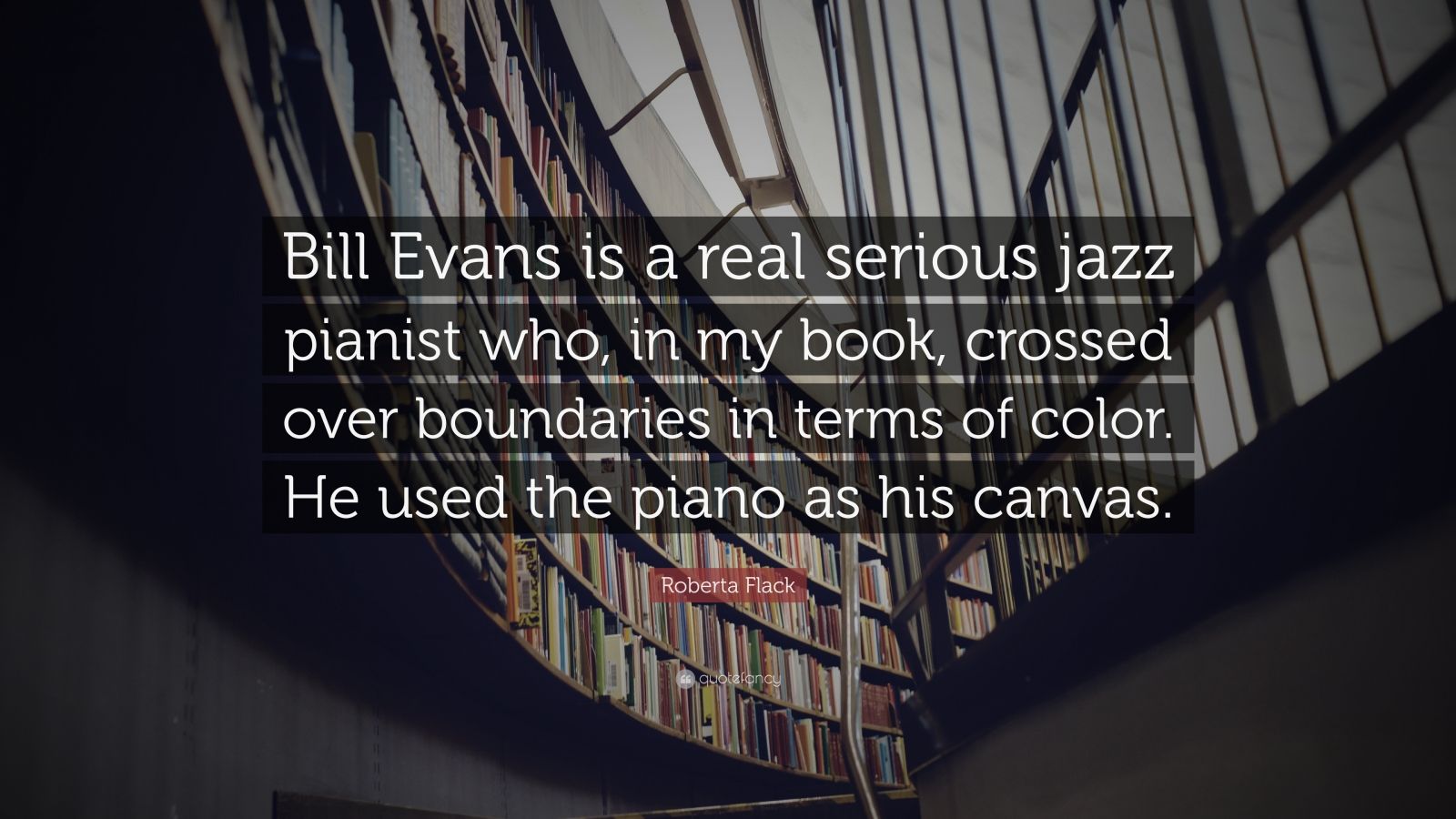
“Music is a vehicle for ideas and feelings, and for me it’s the highest form of communication.”
– Bill Evans, from GRAMMY.com
“The whole business of improvisation has to do with the ability to create something spontaneously… and to accept it.”
– Bill Evans, from Jazz Professional
“You can’t be a good musician if you don’t have a respect for the music itself.”
– Bill Evans, from YouTube
“The main thing is to keep the music alive and keep it going.”
– Bill Evans, from All About Jazz
“My approach to improvisation and composition is to absorb as much as I can from the tradition that I’m in and then go from there.”
– Bill Evans, from All About Jazz
“I think the most important thing is the spirit of the music and the soul of the music and the feeling of the music.”
– Bill Evans, from YouTube
“Jazz is a way of expressing life, and music is a way of expressing life.”
– Bill Evans, from GRAMMY.com
8 Quotes About Bill Evans
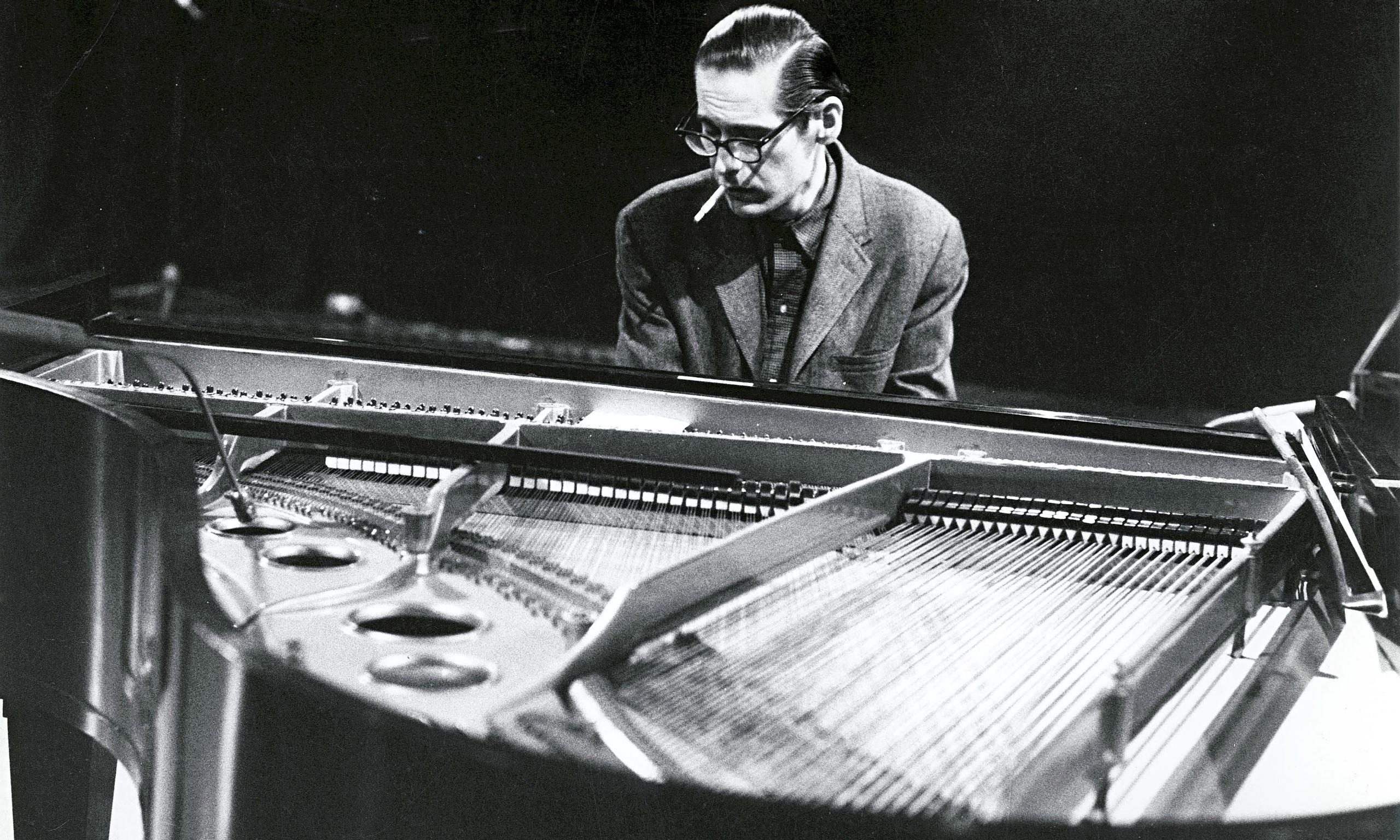
“Bill Evans remains one of the most influential pianists of the 20th century.”
– Jazzwise Magazine, from source host
“He had a strong sense of harmony and his use of colors and voicings was stunning.”
– Herbie Hancock, from source host
“Bill Evans is a giant among jazz pianists; his influence is incalculable.”
– JazzTimes Magazine, from source host
“Bill Evans is a great source of inspiration and influence to me.”
– Chick Corea, from source host
“His musical voice was so unique, so personal, so unmistakable, that he was arguably the first jazz musician to enjoy fame as a recognisable brand.”
– The Telegraph, from source host
“Bill Evans, a master of harmonic exploration, a lyrical improviser and the model of a modern jazz pianist.”
– Jazz History Online, from source host
“He was a master of subtlety, always striking a delicate balance between the cerebral and the emotional.”
– All About Jazz, from source host
Interview with Bill Evans
Frequently Asked Questions About Bill Evans
1. What were some of Bill Evans’ most famous quotes?
Bill Evans was an American jazz pianist and composer who is widely regarded as one of the greatest jazz musicians of all time. He was known for his pioneering use of impressionism and modality in jazz, as well as his use of classical music elements in his playing. Evans’ quotes are well-known in their own right and have inspired many musicians and music lovers alike. Here are some of the most famous quotes from Bill Evans:
- “Jazz is a good barometer of freedom…In its beginnings, the United States of America spawned certain ideals of freedom and independence through which, eventually, jazz was evolved, and the music is so free that many people say it is the only unhampered, unhindered expression of complete freedom yet produced.”
- “I feel that there is something special about music that makes it so powerful and universal. It’s like a language that everyone can understand, even if they don’t speak the same language.”
- “You must trust your own feelings and be yourself. If you try to be someone else, you will always be behind.”
- “Music is a higher revelation than all wisdom and philosophy.”
- “The most beautiful thing we can experience is the mysterious. It is the source of all true art and science.”
2. How did Bill Evans’ use of harmony influence modern jazz?
Bill Evans was a prominent jazz pianist, composer and arranger in the 20th century. He is best known for his influential contributions to modern jazz harmony. His harmonic approach was a groundbreaking departure from the traditional jazz practices of the time, and it has had a lasting impact on the genre.
- Evans was a pioneer in the use of “third stream” music, which combines classical and jazz elements. His sophisticated use of harmony often involved the use of modal scales and unusual chord progressions which created a unique sound.
- He was one of the first jazz musicians to experiment with modal improvisation, a style in which the musician plays over a single chord or scale rather than a chord progression. This technique was adopted by subsequent jazz composers and improvisers, and is now a standard practice in modern jazz.
- Evans was also an innovator in the use of dissonance and polytonality in jazz. He was known for his unusual chord voicings, which often included clusters of notes instead of traditional three-note chords. He also used augmented and diminished chords as well as quartal and quintal harmonies, all of which are now commonplace in modern jazz.
- Finally, Evans was a master in the use of cyclic form, a technique in which sections of a composition are repeated in a cyclical manner. This technique was later adopted by other jazz composers, and it is now a mainstay of modern jazz composition.
In short, Bill Evans’ use of harmony was a major influence on modern jazz. His inventive harmonic approach, combined with his experimentation with modal improvisation, dissonance and cyclic form, changed the sound of jazz forever.
3. What impact did Bill Evans have on the development of jazz?
Bill Evans’ career as a jazz pianist and composer had a lasting and profound impact on the development of jazz music in the second half of the 20th century. His approach to jazz combined elements of classical, folk and modern jazz, and his music was considered to be highly influential among the younger generation of jazz musicians.
- Evan’s music featured a more introspective and harmonically advanced type of jazz playing, which was a radical departure from the swing style of jazz that had been dominant up until that point.
- His improvisation style was marked by clean lines, an emphasis on melody, and an unusual harmonic sense.
- He often used complex time-signature shifts, polyrhythms, and modal scales in his improvisations.
- His use of the piano as a solo instrument, rather than as an accompaniment, was a major influence on the development of jazz piano.
- His use of space and texture in his music, as well as his incorporation of classical elements, had a major influence on the development of modern jazz.
- He was also an influential improviser, and his techniques of combining classical elements and jazz improvisation were highly influential.
Bill Evans’ legacy as a jazz artist is still felt today, and his influence can be seen in the works of many modern jazz musicians. He was one of the most influential and influential jazz pianists of the 20th century, and his music continues to inspire and influence jazz musicians all over the world.
4. How did Bill Evans’ musical style evolve over time?
Bill Evans’ musical style evolved significantly over time. His initial style was influenced by the traditional jazz styles of the 1940s and 1950s, such as bebop and swing. However, as he matured, he began to explore more modern and experimental approaches to music.
- Early Years: In his early years, Bill Evans was heavily influenced by the traditional jazz styles of the 1940s and 1950s, such as bebop and swing. He developed a unique approach to playing the piano which incorporated elements of both classical and jazz music. He also used techniques such as playing with two hands and playing two different rhythms at the same time.
- Middle Years: In the middle years of his career, Bill Evans moved away from traditional jazz and began to explore more modern and experimental approaches to music. He was heavily influenced by the music of modern jazz composers such as John Coltrane and Miles Davis. He also began to incorporate elements of classical music into his playing, such as elements of Bach and Debussy.
- Later Years: In his later years, Bill Evans further developed his style and experimented with a variety of musical genres, such as rock, funk, and Latin music. He also began to use more complex harmonic structures and experimented with improvisation.
Throughout his career, Bill Evans was constantly evolving and developing his musical style. His unique blend of jazz, classical, and modern music revolutionized the jazz piano and continues to influence musicians today.
5. What was the influence of Bill Evans’ classical training on his music?
Bill Evans was a renowned jazz composer, pianist and arranger who was known for blending classical and jazz music. He was classically trained from an early age and had a deep appreciation for traditional European classical music. His classical training played a major role in his musical development and influenced his compositional style.
- Evans incorporated classical structure and form into his compositions, creating a unique hybrid of jazz and classical music.
- He often used classical techniques such as counterpoint, harmony, and fugue in his compositions, giving them a distinct classical flavor.
- He also incorporated classical elements, such as the use of modal scales and polytonality, into his improvisations.
- Evans’ classical training was evident in his use of classical harmony, voicing and phrasing, as well as in his use of jazz and classical motifs.
- Evans’ classical background also influenced his improvisational style, which was characterized by a melodic, lyrical approach.
In summary, Bill Evans’ classical training was a major influence on his music. He blended classical and jazz music, creating a unique and sophisticated musical style. His use of classical structure and form, as well as his incorporation of classical elements and motifs, gave his compositions a distinct classical flavor. He also used classical techniques and harmony in his improvisations, giving them a lyrical, melodic quality.
Conclusion
In conclusion, Bill Evans is a musical genius whose work has been influential in the jazz genre for decades. His unique approach to improvisation and composition has inspired generations of musicians and continues to be an inspiration for newcomers to the genre. His quotes provide insight into his creative process and his unique outlook on life. Whether playing jazz, classical, or fusion, Bill Evans’ music will continue to be enjoyed for many years to come.

